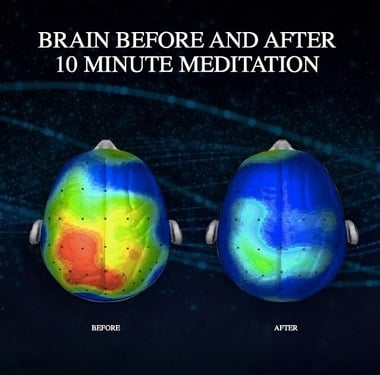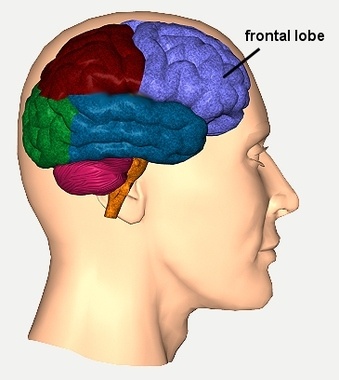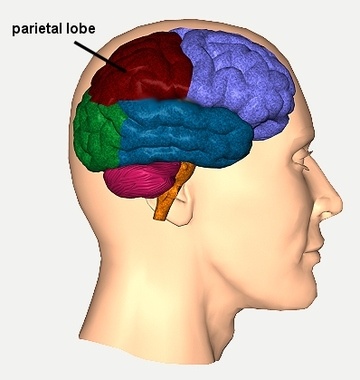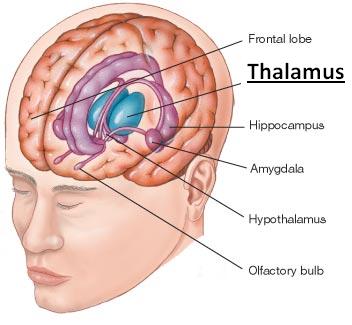Meditation has been performed by sages, monks and yogis for centuries. However, today everyone is stressed and to overcome that and have peace of mind, you need to tap into the power of meditation.
How does meditation work?
When you experience stress, eventually it causes damage to every part of the body. Meditation works when you sit in a relaxed position without any tension in your mind. You have to focus either on a sound, for example, “Om” or “Ahhhh.” If you meditate for longer periods, you will receive more benefits, but make sure you are meditating in a peaceful setting. If performed regularly, meditation is believed to work on physical and psychological functioning. Meditation allows you to develop a brighter mind and a much healthier body.
How does your brain work when you meditate?
Research has shown that meditation plays a great role in improved sleep, intelligence and concentration. Concentrating on a single thought while meditating helps reduce tension and you will find the activity as effective as resting. What’s more, performing meditation every day can help lessen your stress and benefit your brain. Below you can see images of how your brain functions when you meditate.
Parts of the brain affected by meditation include:
- The frontal lobe An important component of our body responsible for retaining long-term memories, the frontal lobe is one of the four main lobes in the brain. It is used to determine differences between things or events, and is responsible for self-conscious awareness. The prefrontal cortex goes into a sort of offline mode when you meditate.
Located behind the frontal lobe, the parietal lobe plays a great role in processing sensory information from different parts of the body. While meditating, the functioning of the parietal lobe slows down. 3. The thalamus The thalamus is involved in controlling sleep and the regulation of motor functions. It rests on top of the brain stem, among the midbrain and cerebral cortex. Meditation decreases the flow of incoming data to the thalamus to a trickle.
Scattered throughout the brain stem, reticular formation comprises 100 small neural networks with various functions.
How meditation affects you
Meditation is a holy practice that many people have been doing since almost the start of humanity. It can make your life smoother and more pleasurable in the following ways:
Stress can cause several diseases like heart disease, chronic fatigue, cancer, anxiety, high blood pressure and depression. To counteract this, meditation sessions will not only reduce your stress but make your life more delightful generally. With a daily practice of meditation, you can attain peace of mind and even sharpen your mind through not being distracted by worries and tension. Moreover, it ensures that your inner feelings rather than external pressures determine your contentment. Meditation calms you down whenever you feel low, distressed and emotionally shut down. With the adoption of meditation into daily life, your perception evolves and your focus on insignificant disturbances soon disappears.Enhance your life! Relish an invigorating few minutes of meditation every day. For tips and advice, you can also seek out good yoga courses nearby or try a yoga retreat amid calm surroundings and without the clutter of contemporary amenities.
Featured photo credit: About Meditation via aboutmeditation.com




